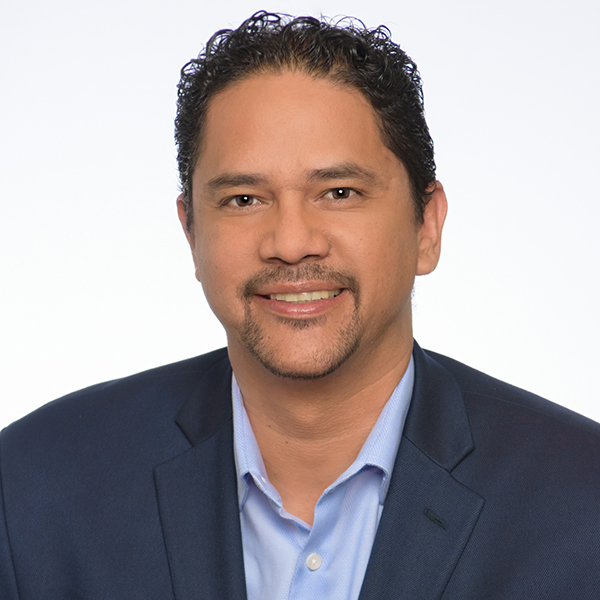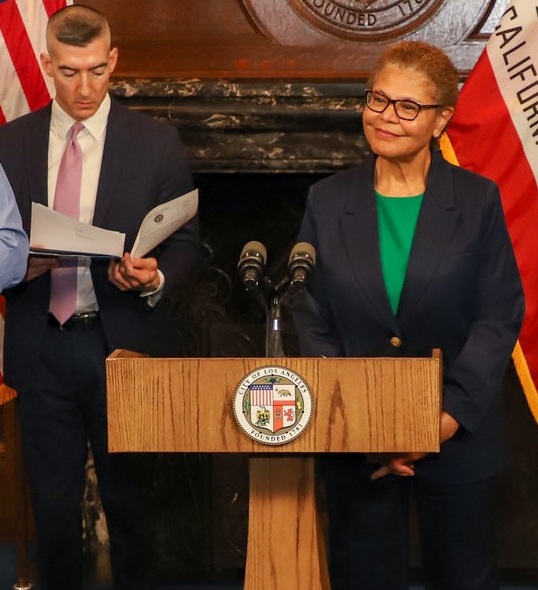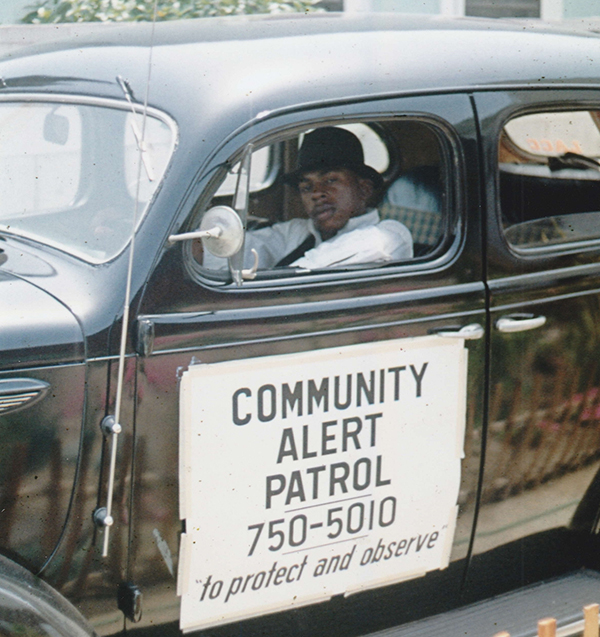By Sue Favor
Contributing Writer
SOUTH LOS ANGELES — If local leaders have their way, funds from the American Rescue Plan will be funneled throughout the parts of the city with the greatest needs, including communities of color.
Representatives from the Community Coalition, InnerCity Struggle, SEIU 2015 and other groups issued a demand to the city, the day before President Joe Biden signed the $1.9 trillion measure, that the more than $1 billion that is headed here must be distributed equitably.
“The city must be intentional in directing this investment towards poor communities and working-class families across the city, which have been hardest hit by the COVID-19 pandemic,” said Alberto Retana, CEO and president of Community Coalition. “Only through such intentional, substantial investment can we address the extremes that have widened over the past year — the closing of which will launch a bright future for all Angelenos.”
The American Rescue Plan is a broad-based measure designed to provide financial aid for vaccinations, school districts, employers and employees whose businesses have been hardest hit, housing relief and hunger relief, among other measures. But community leaders worry that the monies the city will receive won’t go to the people who need help the most.
“Disparities among communities of color has, and continues to be, a critical conversation our city, state and nation must actively address,” SEIU 2015 President April Verrett said. “Our support of all marginalized families — especially those in South and East L.A. and the Northeast Valley — needs to be reflected in tangible investments into critical resources.”
In calling on the city, the organizations laid out a plan for equitable wealth distribution called “Making Los Angeles Whole.” The six-pronged plan is aimed at serving women, families and areas most in need.
“The city of Los Angeles currently does not have a recovery plan programmed out to the capacity that the Make LA Whole plan does,” Verrett said. “This ladders up to why Making LA Whole is so critical in providing some kind of infrastructure to how we extend federal aid to the residents of the city most in need.”
The Make LA Whole plan calls for the creation of a fund of no less than $250 million for child and elder care. Funds would provide free child care before and after school for families in need, and would finance additional in-home health care for senior citizens beyond what is currently allowed in L.A. County.
That would allow parents and caregivers to return to the workplace, as child and elder care have forced many in communities of color to leave their jobs.
The second part of the plan creates a $100 million racial justice and equity fund for women that would train women for jobs, help them find employment and support women-owned businesses. The third task would create a fund of at least $250 million for rent, mortgage and utilities relief.
A $100 million fund would be dedicated to programs supporting youth employment and leadership opportunities, including an executive task force on youth development. Another $100 million fund would go toward guaranteed basic income, where families in highest need would receive $1,500 per month for at least two years.
The last tier of the plan would be a minimum $200 million community safety plan, which would see the city invest in community intervention workers, healing centers and alternatives to policing.
The day before Biden signed the Rescue Plan, coalition leaders discussed the Make LA Whole plan during a press conference. They said they plan to continue to amplify the need for their vision as they serve the community.
“Our coalition works on the ground with these folks every day, and we plan to continue our fight with, and for them,” Verett said. “We will continue to call upon our elected leaders to direct funds toward the tent poles of our Make LA Whole plan, and energize members of the community to also lift up these needs.”
“While the COVID-19 pandemic has exacerbated many inequalities, our rebuilding efforts coming out of this pandemic will shape our city for generations to come.”
Maria Brenes, executive director of InnerCity Struggle, said the Make LA Whole plan has the right priorities.
“Investing in an economy that puts children and families at the forefront means investing in our future,” she said. “This fund will increase access to quality child care, support women who have carried the burden of the pandemic, and help Angeleno families get back to work.”
“The city must be intentional in directing this investment towards poor communities and working-class families across the city.”
— Alberto Retana, Community Coalition
Sue Favor is a freelance reporter for Wave Newspapers, who covers South Los Angeles. She can be reached at newsroom@wavepublication.com.











